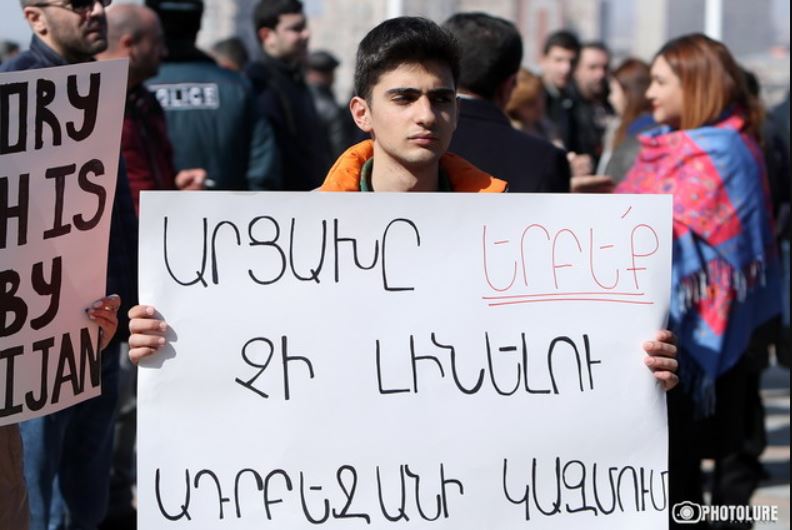On Wednesday, Prime Minister Nikol Pashinyan addressed the National Assembly for 35 minutes, during which he wanted to prove that Robert Kocharyan and Serzh Sargsyan were negotiating with Azerbaijan, agreeing that Artsakh should remain part of the neighboring state. This was said in response to the main propaganda thesis of the parliamentary opposition, according to which the current government refuses to declare that Artsakh will not be part of Azerbaijan.
It is not appropriate to analyze the various options proposed by the OSCE Minsk Group in previous years: the common state, the Madrid Principles, or what was prepared in Kazan in 2011 but was not signed at the last moment due to new demands from the Azerbaijani side. By the way, it is not so clear why Azerbaijan did not agree to the settlement programs during those years, according to which, according to the Prime Minister, Artsakh was handed over to Azerbaijan through Shushi, Hadrut, and even the Meghri region of Armenia. Were they expecting a better version? If everything is as Pashinyan puts it, then the “better” option for the neighboring state could only be the dissolution of the Armenian state, which, according to the same source, was not on the negotiating table.
But one can talk endlessly about the mistakes of the past or not. Let’s theoretically accept that what the Prime Minister said is 100% true. All the documents of the Karabakh settlement discussed in 1998-2018 were bad, terrible, defeatist, and so on. What prevented Pashinyan from taking the most horrible version of that terrible diplomatic legacy and ending the process rather than “starting from his own point of view?” It’s clear, isn’t it, that the situation would be better?
First, the negotiated result is more profitable than the concessions due to defeat. In the first case, you are the subject of a foreign policy process, and in the second, you are a crushed state that pays a “strategist.” And most importantly, nothing can be more expensive than the lives of 4,000 young people.
Read also
But let’s not discuss here what could have been done but not done during these 30 years. What awaits us in the near future? I see two options here, and many will probably disagree with me. Or Pashinyan brings the process to some difficult stage, I do not say it will end, because it will not be the end, but maybe it will give a few peaceful years. Or he is acting like Robert Kocharyan and Serzh Sargsyan, leaving that issue to the next leader of Armenia. And history will enter a new phase. With a lower “bar.”
Aram Abrahamyan




















































